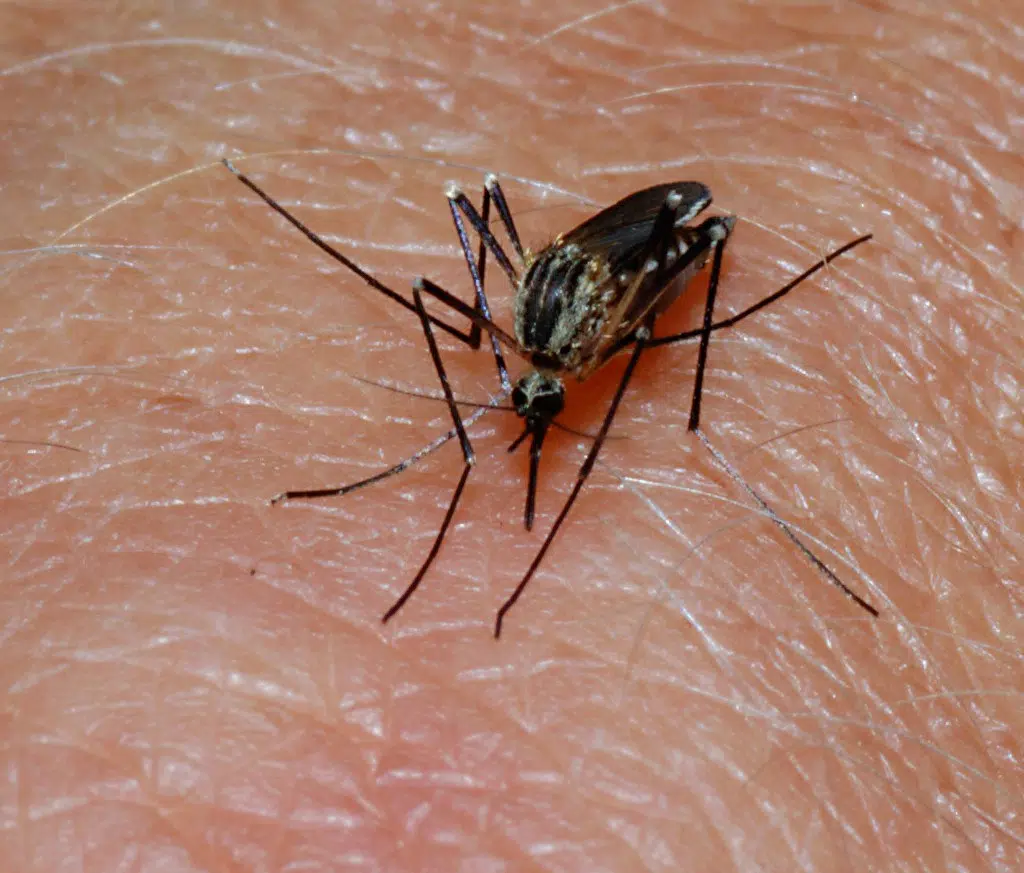The Illinois Department of Public Health (IDPH) is reminding the public of the risk of West Nile virus (WNV), which has been confirmed from environmental samples in 17 counties in the central and northern part of the state so far this year.
The reminder comes as public health officials around the country are highlighting the importance of taking action to “Fight the Bite” during National Mosquito Control Awareness Week, June 15-21.
No human cases of WNV have been reported in Illinois so far this year, but in 2024, there were 69 confirmed human cases of WNV including 13 deaths, the highest number since 17 WNV-related human deaths were recorded in 2018.
West Nile virus is transmitted through the bite of a Culex mosquito, commonly called a house mosquito that has picked up the virus by feeding on an infected bird. Common symptoms include fever, nausea, headache and muscle aches. Symptoms may last from a few days to a few weeks. Most people infected with West Nile virus will not show any symptoms; however, in rare cases it can lead to severe illness including paralysis, meningitis, encephalitis, or even death. People older than 60 and those with weakened immune systems are at highest risk for severe illness.
IDPH urges the public to Fight the Bite by practicing the three “R’s” – reduce, repel, and report.
- REDUCE – make sure doors and windows have tight-fitting screens. Repair or replace screens that have tears or other openings. Try to keep doors and windows shut. Eliminate, or refresh each week, all sources of standing water where mosquitoes can breed, including water in bird baths, ponds, flowerpots, wading pools, old tires, and any other containers.
- REPEL – when outdoors, wear shoes and socks, long pants and a light-colored, long-sleeved shirt, and apply an EPA-registered insect repellent that contains DEET, picaridin, oil of lemon eucalyptus, IR 3535, para-menthane-diol (PMD), or 2-undecanone according to label instructions. Consult a physician before using repellents on infants.
- REPORT – report locations where you see water sitting stagnant for more than a week such as roadside ditches, flooded yards, and similar locations that may produce mosquitoes. The local health department or city government may be able to add larvicide to the water, which will kill any mosquito larvae.
For information on the three “R’s” and updates on the Virus, you can visit dph.illinois.gov.


